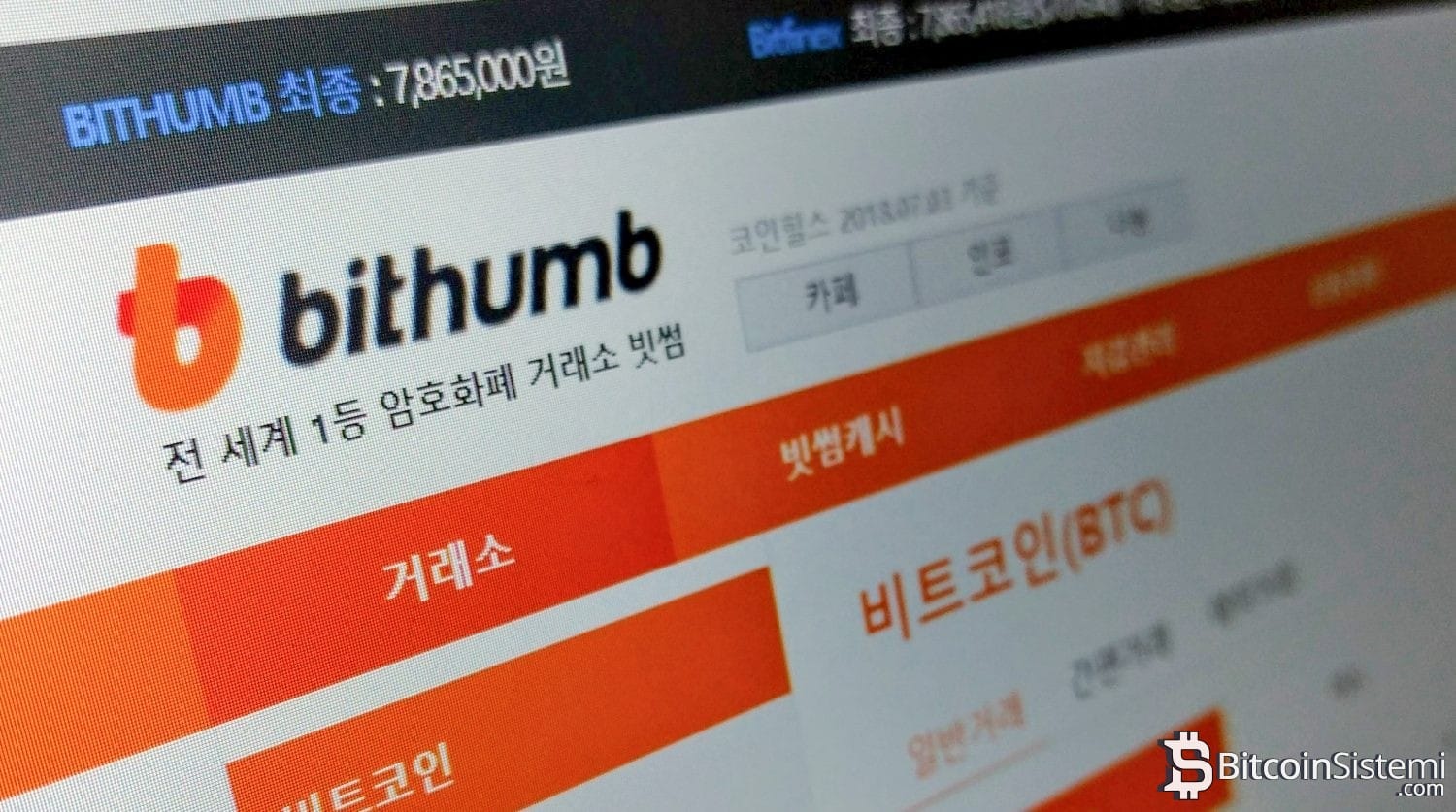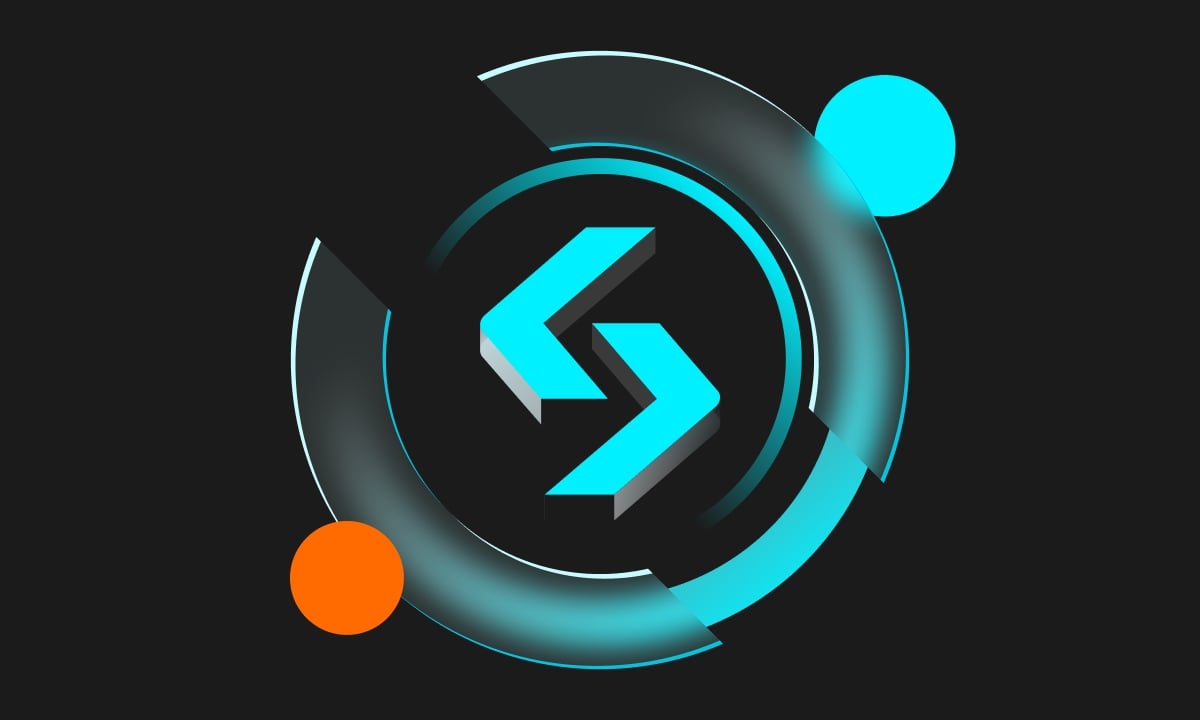OpenAI is increasing its competitiveness by reaching new heights that others have not yet achieved. This time, ChatGPT has been implemented on landlines. As of Wednesday afternoon, the AI-powered assistant of OpenAI began to respond via landline.
ChatGPT can now respond to inquiries submitted via telephone and execute assignments such as translating a sentence into a different language. The experience is nearly identical to Advanced Voice Mode, OpenAI’s real-time conversational feature for ChatGPT, except for multimodality.
1-800-ChatGPT pic.twitter.com/2eLPgR8Bpp
— OpenAI (@OpenAI) December 18, 2024
According to reports, the AI behemoth is providing U.S. users with 15 minutes of complimentary calling, after which the call will end. The company says standard carrier fees may apply.
In addition, the company announced that Canadians can also use ChatGPT on their telephones.
OpenAI introduces ChatGPT on WhatsApp
ChatGPT is available on WhatsApp for individuals who prefer to text the AI assistant. The company also made it a basic back-and-forth exchange, given that WhatsApp does not offer customization options in the official ChatGPT app.
You can now talk to ChatGPT by calling 1-800-ChatGPT (1-800-242-8478) in the U.S. or by sending a WhatsApp message to the same number—available everywhere ChatGPT is. pic.twitter.com/R0XOPut7Qw
— OpenAI (@OpenAI) December 18, 2024
In addition, the company has announced that it is currently developing additional functions for the WhatsApp integration, including web search and image analysis.
OpenAI chief product officer Kevin Weil said, “Our mission at OpenAI is to make artificial general intelligence beneficial to all of humanity, and part of that is making it as accessible as possible to as many people as we can.”
Additional developments in ChatGPT
One of OpenAI’s successful projects is the expansion of ChatGPT’s Advanced Voice Mode feature, which was done last month. It allows users to talk to the AI chatbot right from their browser. Advanced voice mode enables users to engage in natural, real-time conversations with ChatGPT by leveraging the inherent audio capabilities of OpenAI’s GPT-4o.
The chatbot is capable of comprehending and responding to non-verbal cues, such as the pace of speech. The chatbot is also capable of engaging in emotional responses.
OpenAI disclosed the GPT-4o mini, a diminutive model that is supposed to be cheaper. The GPT-4o mini broadened the scope of applications that could be developed with AI by reducing the cost of intelligence.
According to OpenAI, the GPT-4o mini currently outperforms the GPT-41 in chat preferences and scores 82% in MMLU. Also, last week, the company announced during a live stream that advanced voice mode, its conversational feature for ChatGPT, was undergoing vision enhancements.
Users who have subscribed to ChatGPT Plus, Team, or Pro can aim their phones at objects and have ChatGPT respond in near real-time using the ChatGPT app.
Moreover, advanced voice mode with vision is capable of understanding the contents of a device’s screen through screen sharing. For instance, it can provide guidance on a mathematical problem or clarify a variety of settings menu options.
OpenAI maintains its lead in the generative AI field
According to Cloudflare 2024, ChatGPT played a more prominent role in the generative AI space and the overall ranking, nearly reaching the Top 50. The launch of ChatGPT in late 2022 sparked global interest in generative AI, which subsequently evolved into a global phenomenon in 2023.
Still, ChatGPT remains the most popular service in its category, which encompasses chatbots, coding bots, and other services, as of 2024.
In comparison to 2023, the evaluations of other generative AI services were more consistent this year.
However, the company has been caught up in several legal cases recently. In the Northern District of California, three plaintiff groups filed a complaint against OpenAI. The complaints allege copyright infringement, vicarious copyright infringement, DMCA violations, and torts related to the entity’s GPT models and ChatGPT service.
These cases are now made up of Tremblay v. OpenAI, Silverman v. OpenAI, and Chabon v. OpenAI. Analysts are still unsure of how the company will look in the future.
AI firms tend to spend a lot of funds on development. One thing that has been apparent this year is that AI entities are desperate to convert their popularity into consistent revenue.
A Step-By-Step System To Launching Your Web3 Career and Landing High-Paying Crypto Jobs in 90 Days.










